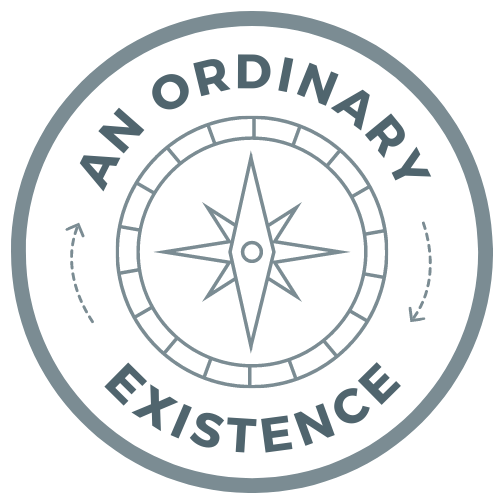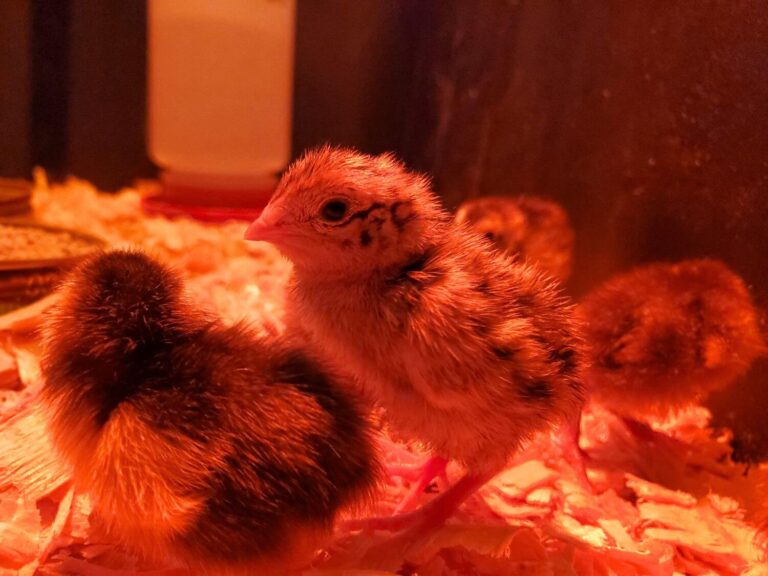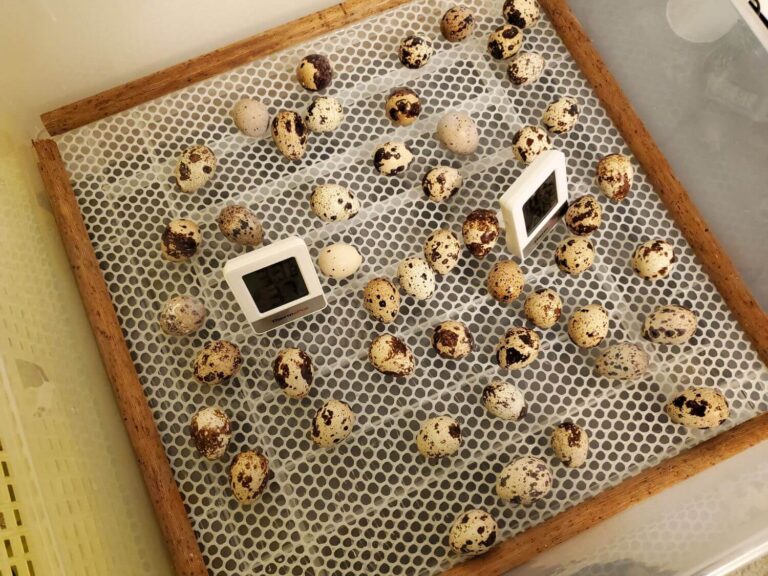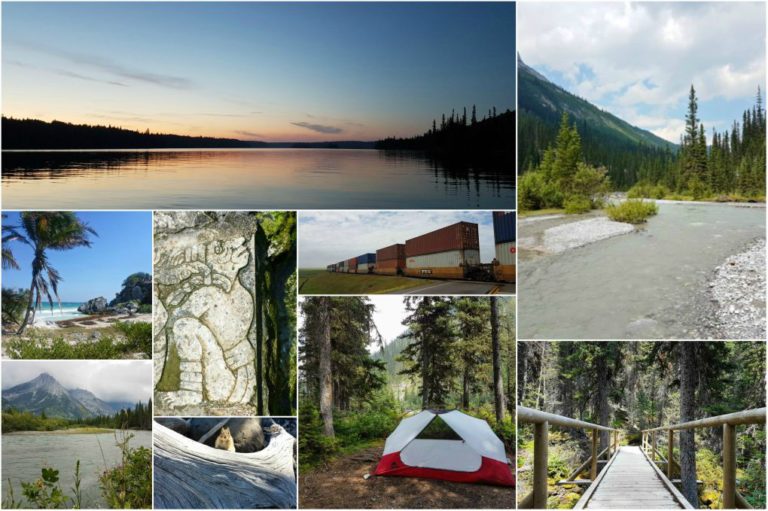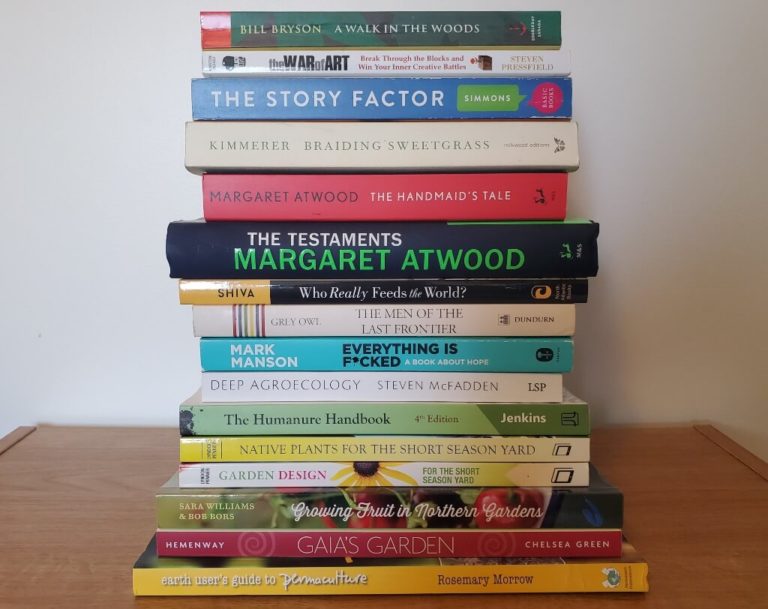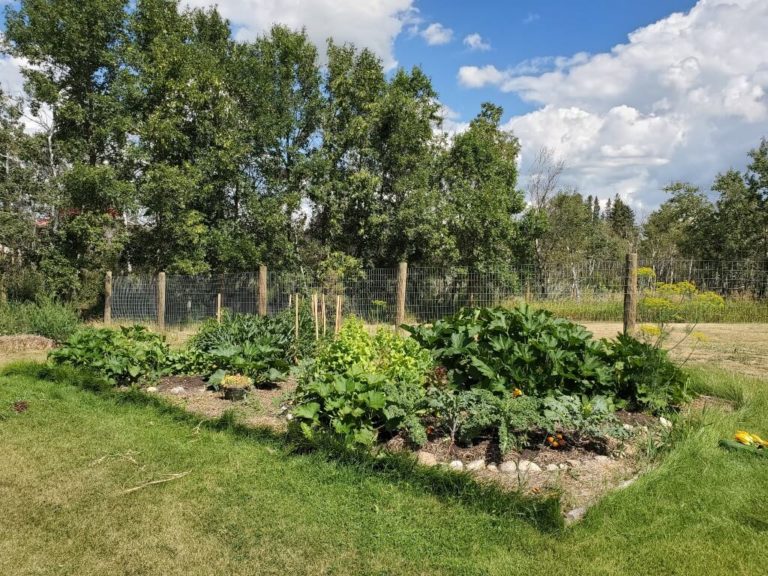IS IT POSSIBLE TO BE SELF-SUFFICIENT?
This post may include affiliate links. As an Amazon Associate I earn from qualifying purchases. Find more info in my privacy policy.
With a growing movement towards homesteading, off-grid, and DIY lifestyles, self-sufficiency is a term I’m seeing more and more frequently.
It’s become quite a hot topic with a lot of opinions about what it is, if it’s possible, and whether or not you’re a “real” homesteader/off-gridder/fill-in-the-blank if you aren’t 100% self-sufficient.
I wanted to share my thoughts on the topic and maybe bring some clarity for those interested in the concept of self-sufficiency but are unsure of what that might look like in practice.
Let’s dive in!
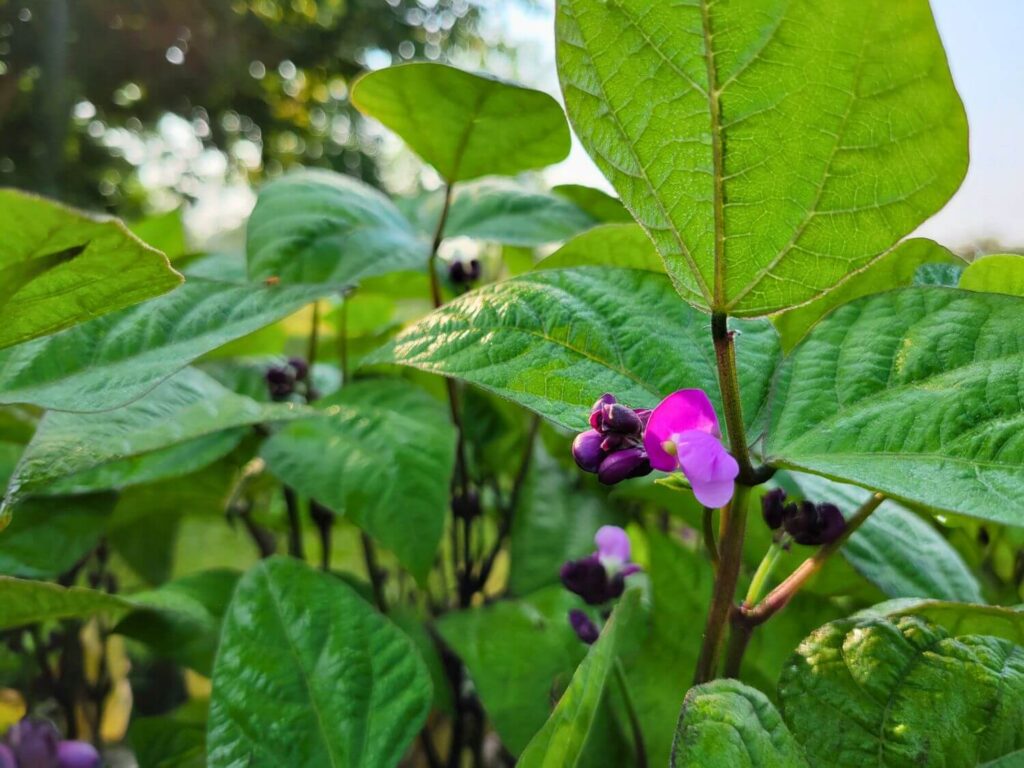
WHAT IS SELF-SUFFICIENCY?
By definition, self-sufficiency requires that one’s basic needs are met with no outside assistance.
This definition can apply at various levels – from the individual to a community to a country, and so on. For my purposes, I’ll be using the term in reference to the individual household, as that seems to be the most common scenario in which people pursue self-sufficiency in a modern homesteading context.
For a household to be 100% self-sufficient, that individual or family would have to provide everything from shelter, to food, to water and beyond with no external assistance or inputs. This means no bartering, trading, accepting gifts, making purchases, or recruiting help from neighbours, friends, extended family, or even YouTube.
It would also mean no manufactured tools, equipment, buildings, fuel, solar panels, batteries, vehicles, or external inputs such as purchased compost, seeds, animal feed, or even domesticated animals, as these would all be considered as sourced from “outside” your household.
Essentially, this results in a true living-off-the-land scenario where you’re fashioning your own tools, building your own shelter, sourcing food, water, fibre, and other resources, and providing everything you need to survive from what is available to you in the environment.
This, of course, would be referring to absolute self-sufficiency. This is a case where you would be completely and totally independent from society and not rely on any goods produced in the outside world.
If everything you had today disappeared tomorrow, would you be able to provide all the things required to meet your basic needs without making a single purchase, trade, or Google search? That’s absolute self-sufficiency.
In a less extreme sense of the term, relative self-sufficiency doesn’t require being independent in all areas of your life but rather in relation to something specific. For example, if you are able to forage enough mushrooms for your needs and are able to preserve them without the aid of externally acquired equipment, then you would be self-sufficient in mushrooms. If you are able to hunt enough meat for your needs (with your hand-crafted bow and arrows, of course), then you would be self-sufficient in meat.
IS COMPLETE SELF-SUFFIENCY POSSIBLE?
I would argue that yes, complete self-sufficiency is theoretically possible IF you have access to an appropriate piece of land in a suitable climate that can provide the resources to meet your basic needs; and IF you have the knowledge, skills, and mindset to be able to utilize those resources effectively.
Having said that, I would also argue that absolute self-sufficiency at the household level would be extremely difficult, not desirable, and not attainable in most cases.
Total self-sufficiency would require that you give up all advantages and conveniences provided by modern tools and equipment, the support and specialized knowledge of a community and society at large, and a certain level of comfort and security that can’t be obtained on one’s own.
If you think about every tiny little minute detail of your life that would become 100% your responsibility, the prospect of absolute self-sufficiency becomes overwhelming. And that’s ok. It’s not really meant to be that way anyway.
There seems to be a misguided idea that humans “lived that way forever” or that complete self-sufficiency is somehow our natural state, but that’s not true. If you look at original homesteaders, pre-industrial societies and even hunter-gatherer cultures, absolute self-sufficiency at a household level would be highly unlikely. Humans have always used communal living, trade, specialized skills and knowledge, redistribution of resources, and cooperation as strategies for survival. I don’t see why, in our modern day, we would aim for anything different.
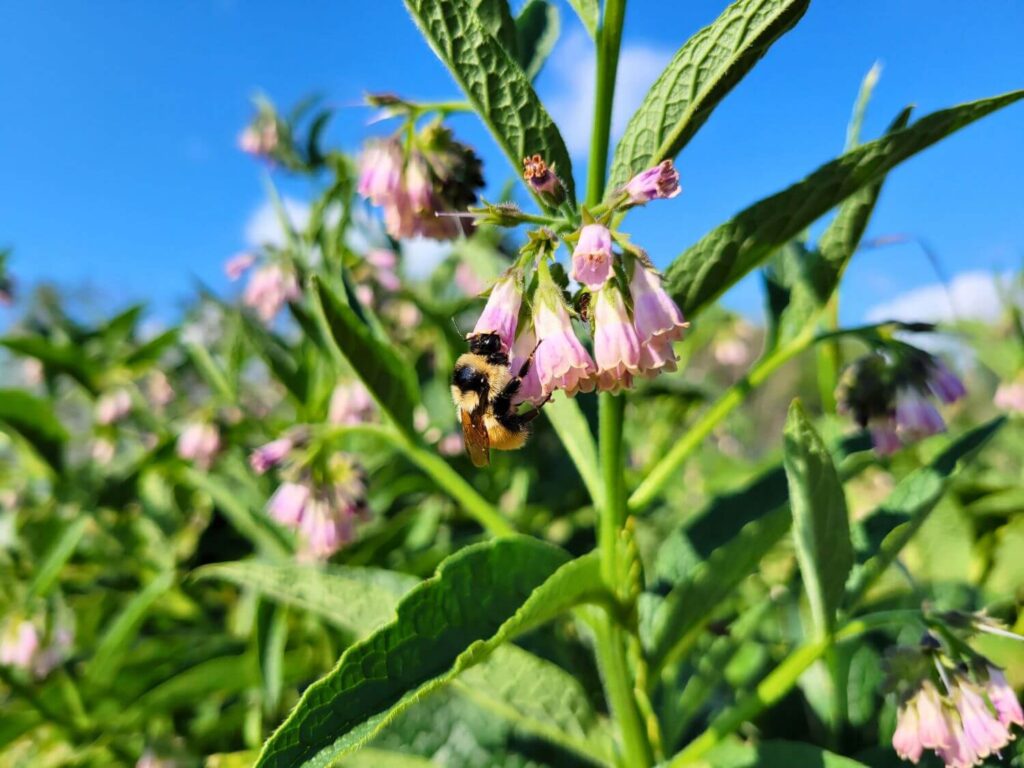
WHAT’S THE APPEAL OF SELF-SUFFICIENCY?
If self-sufficiency is so difficult, limiting, and hard to achieve, why do so many people seem to be holding it up as the ultimate lifestyle?
I think a lot of us find the idea of self-sufficiency appealing out of a desire for independence and not relying on others. Doing things for ourselves can feel empowering and provide a fulfilling and meaningful life. And being “self-sufficient” is the ultimate expression of an extreme level of independence and self-reliance.
We’ve lost many of the skills and much of the knowledge of past generations and have traded that for conveniences that come along with a certain level of dependency. For many of us, the pull to become more capable and independent leads to a desire for what we perceive to be self-sufficiency.
I think the main issue around self-sufficiency and the reason it’s such a hot-button topic is that the term is mostly used to describe a lifestyle of relative self-sufficiency rather than absolute self-sufficiency. And when one term is used to describe two different things, conflict and confusion arise.
There are very few people who espouse the lifestyle who would fit within the definition of absolute self-sufficiency. Instead, the term often conjures up romantic images of a cabin in the woods, pantry shelves lined with home-canned goods, a garden overflowing with abundant fresh produce, and pastures of livestock grazing on green grass.
However, in a truly self-sufficient scenario, those things would be far from possible if you had to produce your own mason jars and lids, preserve food without a canner or manufactured stove, mill your own lumber without the aid of purchased tools or fuel, grow your garden without buying a single seed… you get the idea.
In my opinion, the appeal is not so much in the true meaning of self-sufficiency as much as it is in the idea of having greater control over our lives and being less dependent on businesses, governments, supply chains, and resources that we have little influence on.
SHOULD I STRIVE TO BE SELF-SUFFICIENT?
Taking responsibility for oneself, improving your abilities and knowledge, gaining greater control over your decisions and actions, and being a producer rather than a consumer are all great goals to have, and ones I would strongly advocate for people to pursue. But the isolation, discomfort, and struggle that would inevitably be part of a truly self-sufficient life are not likely what you’re after.
I think the push for absolute self-sufficiency and the weird competition to see who’s the most self-sufficient within the modern homesteading world is honestly a bit misguided and I’m not sure why this became the de facto goal of so many pursuing this lifestyle.
There are likely very few (if any) modern homesteaders who can claim that they are truly 100% self-sufficient. Most utilize externally sourced tools, equipment, fuel, supplies, and inputs to get established and create systems that allow them to meet their needs.
The term self-sufficiency has an underlying tone of extreme isolation, individualism, and rejection of anyone and anything outside of your household. While I understand the appeal of removing oneself from society in reaction to things you find unappealing, I don’t think that an outright rejection of everything is a reasonable or desirable reaction.
There are plenty of ways to participate in society – co-ops, supporting individuals and businesses who align with your values, trading and bartering with like-minded people, etc. – without giving in to the parts you don’t agree with. There are also plenty of ways to improve your abilities, knowledge, and resiliency without making it a competition or extreme lifestyle in which you see how much more self-sufficient you can be than the next guy.
I personally advocate for a more middle-of-the-road approach without worrying too terribly much about which box you fit in. After all, aren’t alternative lifestyles supposed to be about pushing back against rigid definitions and other people’s ideas of the “right” way to do things?
Striving for complete and total self-sufficiency is a goal that may appeal to a small segment of people looking for that lifestyle. But for most of us, we’re looking to become MORE self-sufficient, MORE self-reliant, MORE independent without losing access to all external resources and connections.
Instead of obsessing over absolute self-sufficiency, try to:
- Achieve greater self-reliance through gaining skills, knowledge, and resources that allow you to provide for yourself.
- Focus on becoming an active producer rather than a passive consumer.
- Improve your household resiliency by creating self-sustaining systems of production.
- Utilize networks of like-minded people to gather and trade knowledge, goods, supplies, and materials.
- Support individuals and businesses who align with your ideals and values.
- Utilize appropriate technology, equipment, and inputs to establish and maintain systems that meet your needs.
I’d love to hear your thoughts on self-sufficiency. Is this a goal you’re aiming for? Why or why not?
